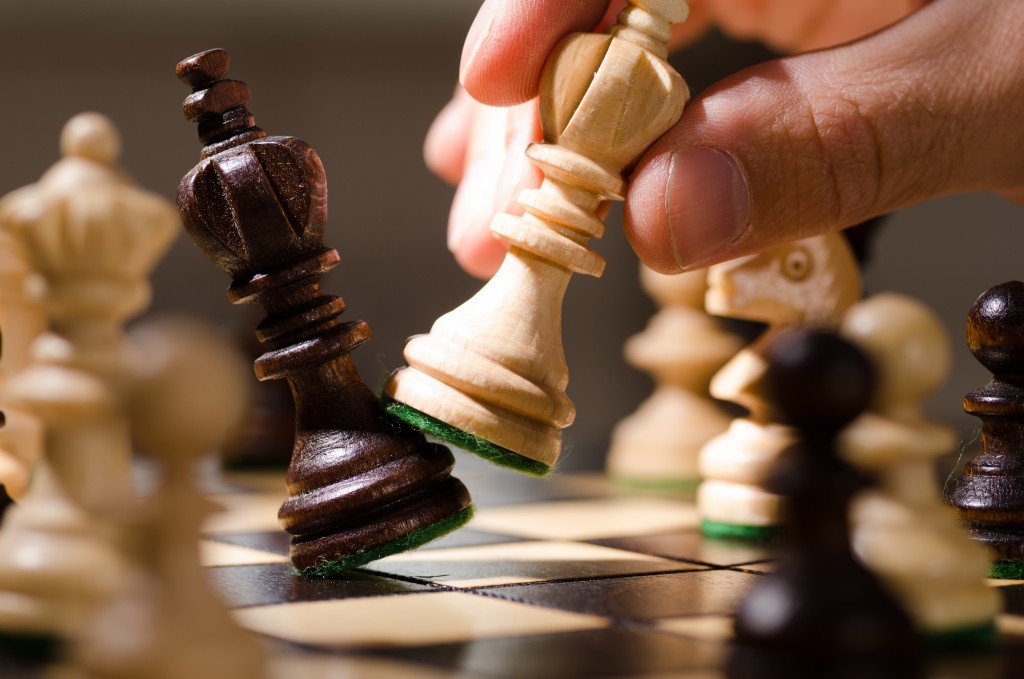
- Cognitive function, essential for daily tasks, can be improved through engaging in arts and hobbies.
- Arts and hobbies enhance focus, memory, creativity, and problem-solving skills and promote brain plasticity.
- Engaging in these activities stimulate new neural connections, improving overall cognitive functioning.
- Card games, chess, reading, and puzzles effectively improve cognitive function.
- Incorporating such activities into your daily routine can help enhance cognitive abilities and overall well-being.
Many people spend their free time indulging in their favorite hobbies, whether painting, playing an instrument, or knitting. These activities provide a fun and relaxing escape from the daily grind and offer numerous cognitive benefits. Studies have shown that engaging in arts and hobbies can improve cognitive functions, enhance creativity, and help you develop new skills. Here’s what you need to know about cognitive function, how arts and hobbies can help you improve it, and the best activities for improved cognition.
What is Cognitive Function?
First, it’s essential to understand what cognitive function is. Cognitive function refers to the processes in your brain that allow you to think, learn, remember, and solve problems. It is essential for day-to-day tasks but can also be improved with various activities.
1. Increases Focus and Concentration
Engaging in arts and hobbies requires concentration and attention to detail. Whether painting a landscape, playing a musical instrument, or writing a poem, you must focus on the task to produce a quality result. This focus can translate to other areas of your life, such as work or studying, and help you improve your productivity and efficiency.

2. Boosts Memory
Learning a new skill or technique through arts and hobbies requires using your memory. Studies have shown that recalling information strengthens your memory pathways, improving your ability to retain and recall information in the future. For example, learning to play a new song on a musical instrument involves memorizing musical notes, chords, and rhythms, which can enhance your memory and cognitive functioning.
3. Improves Creativity
Arts and hobbies provide an outlet for creativity, allowing you to explore new ideas and express yourself uniquely. This self-expression can open your mind, making you more creative and innovative in other areas of your life. Engaging in creative endeavors can also reduce stress, improve mood, and increase overall well-being.
4. Enhances Problem-Solving Skills
Arts and hobbies require problem-solving skills, which can enhance your cognitive functions. Whether you are trying to figure out the best way to arrange the colors in your painting or how to fix a mistake in your knitting project, you need to use critical thinking and problem-solving skills to come up with a solution. These skills can translate to other areas of your life, such as work or personal relationships, and help you become a more effective problem solver.
5. Promotes Brain Plasticity
Engaging in arts and hobbies can also promote brain plasticity, which is the brain’s ability to reorganize and adapt to new experiences. Learning a new skill or technique through arts and hobbies can stimulate new neural connections in the brain, improving brain plasticity and overall cognitive functioning.
Best Activities For Improved Cognition
There are various activities you can do for improved cognition. Here are four of them:
Card Games
Card games are a simple but exciting activity you can do. One good game to play is Hearts. This game requires strategy, critical thinking, and deduction to win. It’s also great for building your memory, as you must remember which cards have already been played. You can now also play the Hearts game online. It’s a convenient way to start your day and cognitively challenge yourself.

Chess
Chess is a classic board game that requires focus and concentration. It involves luck and skill, making it an excellent activity for improving cognitive function. Chess can help with problem-solving, help you hone your creative skills and strategies, and improve your memory.
Reading
Reading is another great way to challenge your brain and improve cognitive function. It forces your brain to process complex information quickly, improving your comprehension and problem-solving skills. Plus, reading can be calming and help reduce stress levels.
Puzzles
Puzzles are a great way to improve your cognitive function. Whether it’s a crossword puzzle, Sudoku, or jigsaw puzzle, these activities can help you hone your problem-solving skills and enhance memory recall. Puzzles also provide an outlet for creativity and make an excellent hobby for your free time.
Engaging in arts and hobbies is an excellent way to improve cognitive function. From reading to card games, puzzles, and chess, you can do plenty of activities for improved cognition. Try incorporating these activities into your daily routine and improve your cognitive function today.




